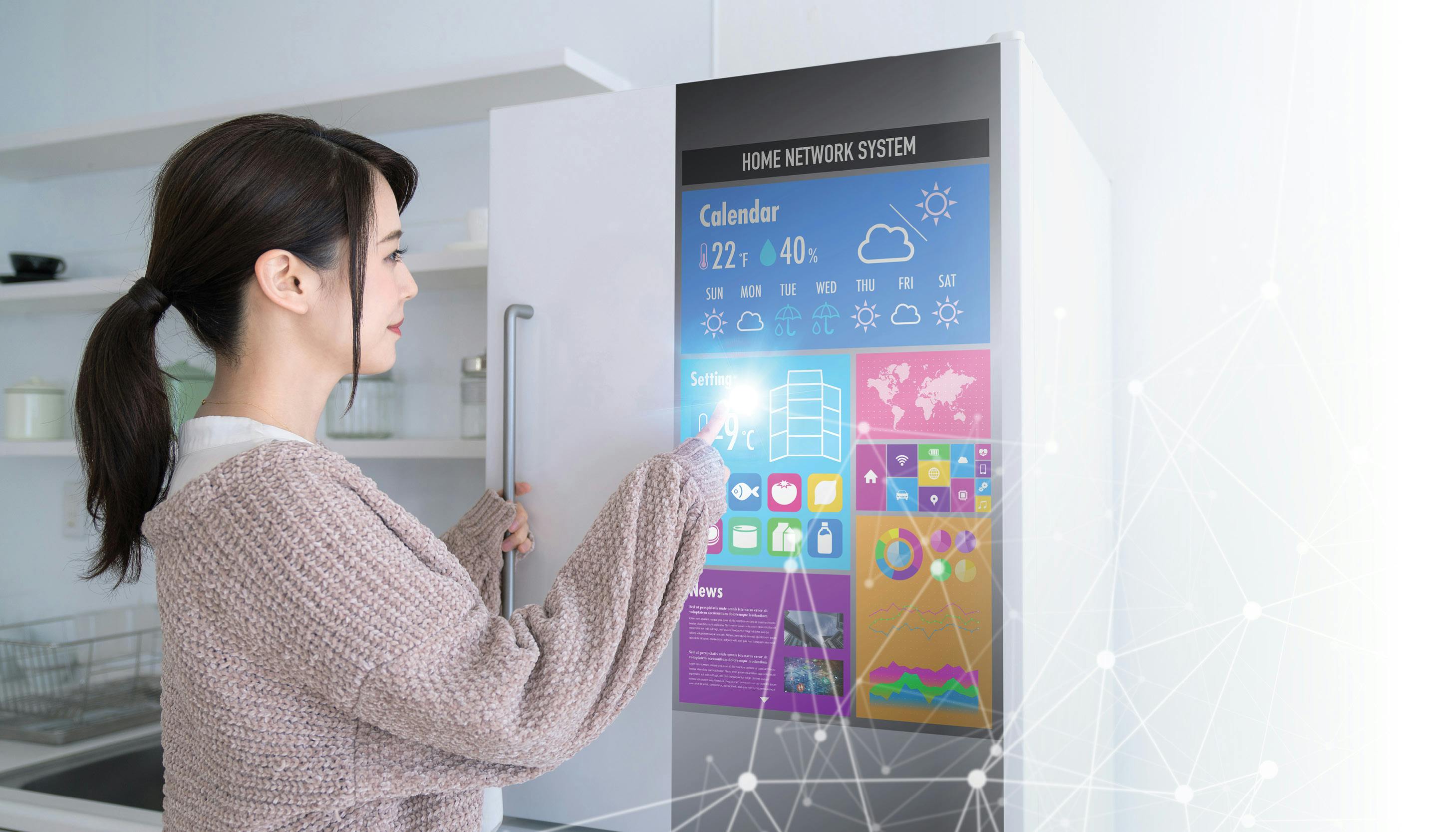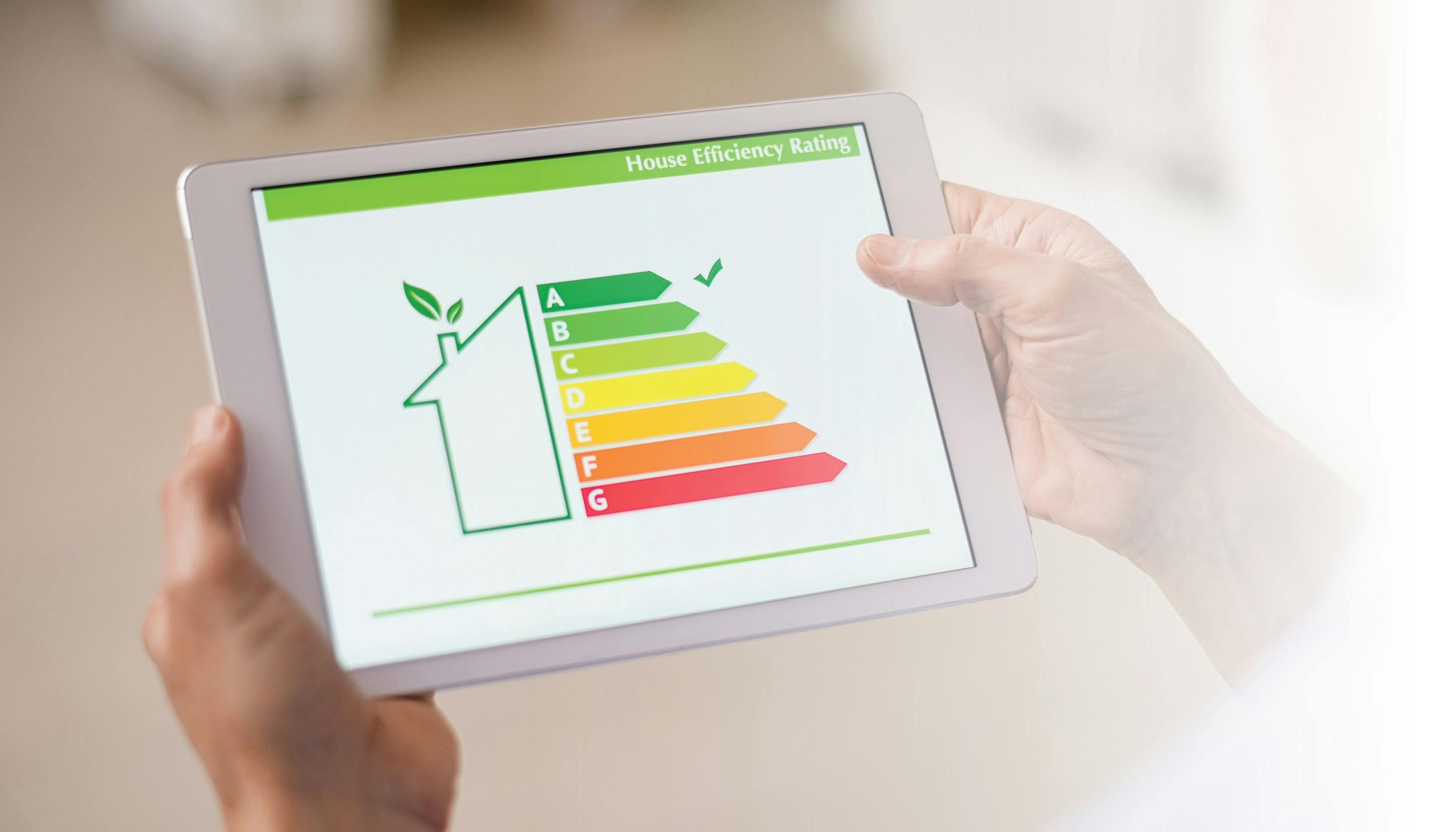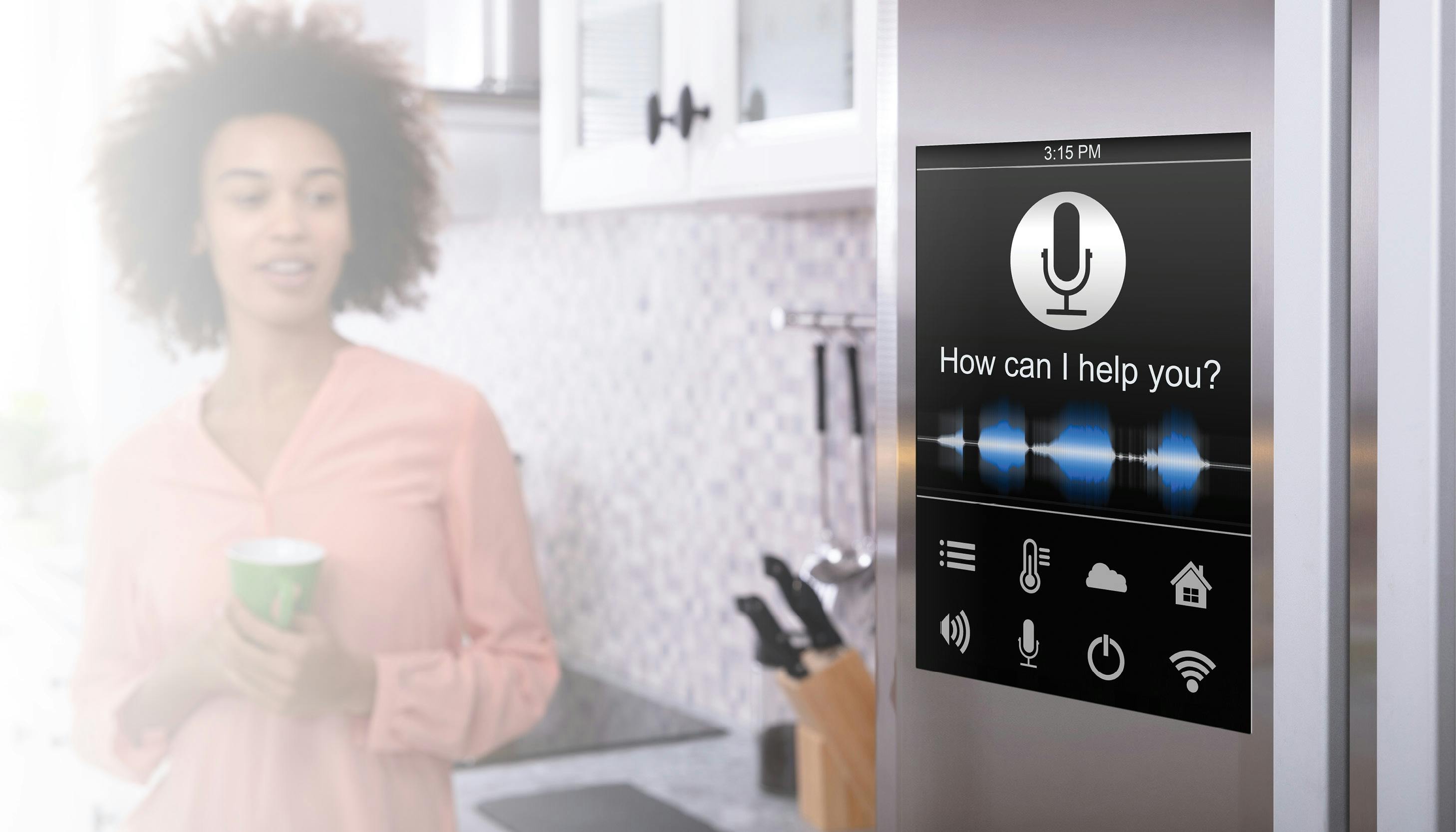Are Smart Refrigerators a Smart Buy?
Here at Fabuwood, we pride ourselves on being a technology leader in the industry and are no strangers to dabbling with cutting-edge innovations. However, as technology infiltrates more areas of our homes, it becomes difficult to keep up, and kitchens are no exception. When it comes to smart appliances, the refrigerator is in the lead. To provide deeper insight, we'll answer some questions such as: are they a worthy investment? What are their advantages/disadvantages? Are any of their features essential? Etc.
Pros:
1. Touch screen:
Most Smart refrigerators include a multi-functional touch screen with varying abilities depending on brand and design. Some allow you to search for recipes, buy groceries, keep a family schedule, leave notes, stream music, and mirror your TV. Others simply allow you to peer inside your refrigerator without opening it. Either way, it can be a helpful and cool feature.

2. Energy Efficient
Smart Refrigerators offer higher energy efficiency by implementing several energy-preserving features. This is a bonus for the environment as well as for your wallet.

3. Fresher Food
Thanks to various built-in smart sensor systems dedicated to keeping your food fresh, smart refrigerators can reduce waste and lower your grocery bills.

4. Voice/Phone control
Some smart refrigerators are equipped with voice control and some utilize your smartphone to virtually control your refrigerator. Both options allow you to adjust settings according to your needs without interrupting your busy schedule.

5. Phone notifications
Smart refrigerators will send alerts to your phone in the event of a system failure, or a forgotten open door. This allows you to minimize damage by relocating your perishables before they spoil.

Cons:
1. Expensive
While a regular refrigerator (with a freezer) costs an average of 1,700 dollars and can go for as low as 900 dollars, smart refrigerators cost an average of 2,000 to 3,5000 dollars and go up to 10,000. A pricey investment, to say the least.

2. Security risk
Like most Wi-Fi-equipped smart devices, smart refrigerators provide a backdoor into your network and can become a security risk. Granted, it’s unlikely you will be hacked through your refrigerator, but the threat to your cyber safety exists, nonetheless.

3. Shorter Lifespan
On average, a refrigerator lasts anywhere from 10-13 years. However, due to its complexity, a Smart Refrigerator may cease to operate or be discontinued by its brand in as little as two years. If discontinued, parts and repairs become unavailable, leaving your refrigerator unusable.

4. Extra Expenses
Not only is the actual appliance more expensive, but any necessary repairs will cost more, too, for the service supplied, as well as for any parts that need replacing. (That is if the parts are still available).

5. Inconvenient conveniences
While some of the features may seem helpful at first glance, people have reported that they could be a bit of a nuisance as well. For example, your refrigerator can keep an inventory of your food and alert you when you run low, but the information must be entered manually.

So… Maybe Not That Smart?
The pros and cons may seem to be in close competition, but in the end, smart refrigerators seem to be more about the cool factor than convenience. Expensive, and likely to become outdated as quickly as technology advances, smart refrigerators may not be a smart buy…yet.
What do you think? Are smart refrigerators a smart buy? Let us know in the comments!
